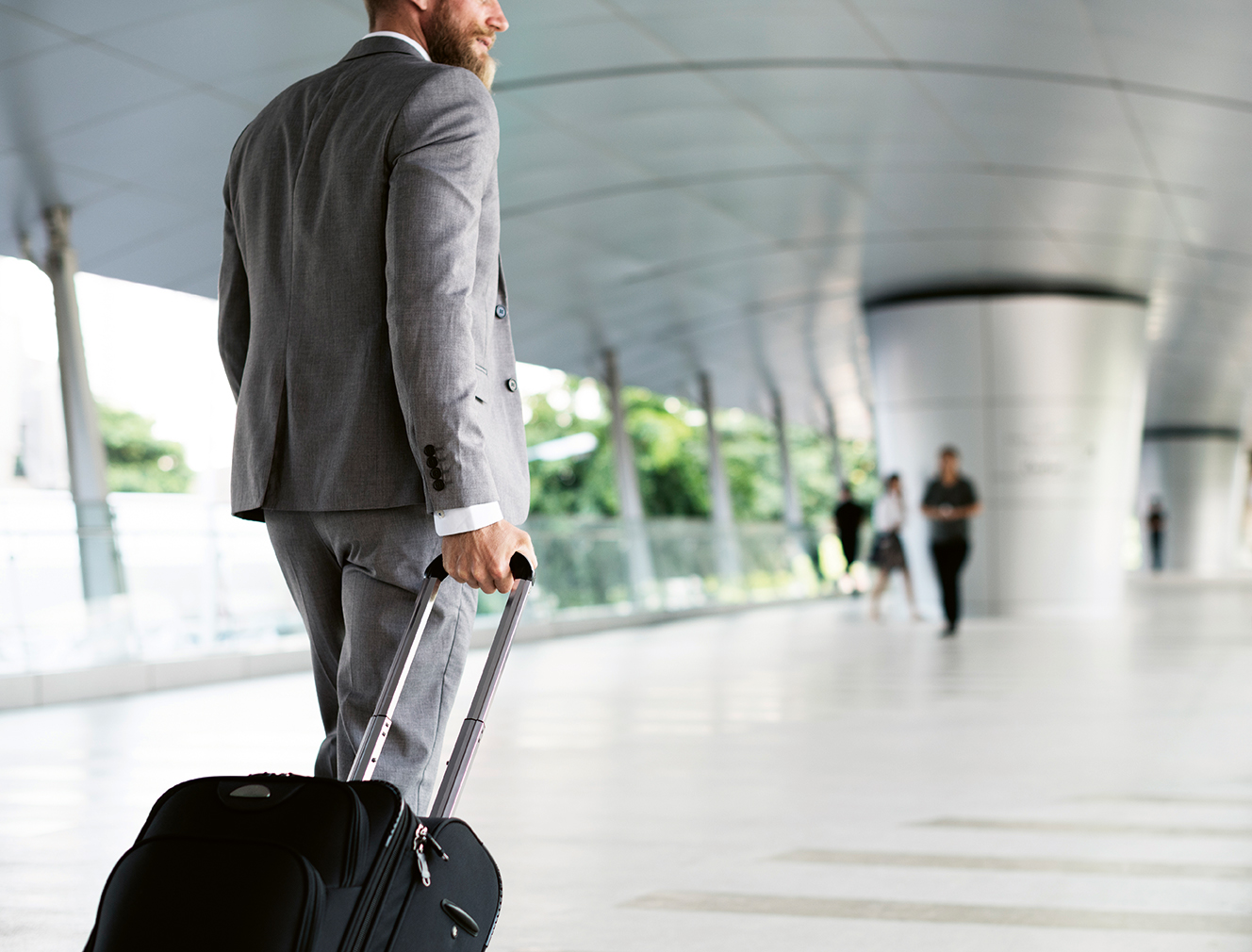The Art of Packing
Mobility—plainly put, wandering—is at the very core of our profession. It defines its essence, and anyone who doesn’t feel a thrill at the thought of setting out cannot be a good diplomat. The readiness to leave is a constant promise of adventure and thus a promise of surprise—though that surprise isn’t always guaranteed to be pleasant. For me, it’s exciting and invigorating, though it doesn’t mean I’m spared the trauma of packing. By the time you read this column, I will probably already be at a distant posting. I may already be actively contemplating the temperature difference compared to the Warsaw winter—not that I intend to irritate readers with it. While the old rule among Foreign Ministry veterans says you can only be sure of your assignment once you’ve taken your seat on the departing plane, let’s assume for the sake of this text that the likelihood of departure is as high as a plane’s cruising altitude. Which means I now face what I hate most and always postpone until the very last moment: packing!
I’ve read that, according to surveys, packing and moving rank third among life’s greatest traumas—right after death and illness. This sentiment is echoed in the first words of Edmond Haraucourt’s old poem: partir c’est mourir un peu—to leave is to die a little. A tad melodramatic, perhaps, and not quite fitting for a diplomat, who spends a lifetime living out of a suitcase. Mobility—again, wandering—is deeply embedded in our line of work. It defines its essence. Those who don’t feel the rush of excitement when preparing for departure may not be cut out for this job. For me, it’s an invigorating thrill—though it doesn’t spare me the dreadful toll of packing. That’s why I always put it off.
Yet packing for air travel holds one more mischievous twist: the notorious baggage that doesn’t make it to your destination with you. Few escape this fate in life, especially on connecting flights with less than an hour for transfer. In such cases, luggage almost always loses the race against passengers sprinting breathlessly to their final boarding call. Unless, of course, you’re as lucky as the unforgettable McCallisters, Kevin’s parents in Home Alone, who tell the bewildered airport security officer that losing a child is a family tradition—but they’ve never lost a bag.
I haven’t been as fortunate, so it’s no surprise that I’ve landed somewhere without my luggage. The toughest experience was when, as Chief of Diplomatic Protocol,
I flew to Washington to prepare the President of Poland’s visit. My baggage remained in Frankfurt, and the next day, in the only outfit I had on me, I visited the White House and all the locations scheduled for the future visit. The worst part came two days later, when we were flying from Washington to Los Angeles along the presidential route, and our luggage was delivered to the hotel just one hour before our departure for the airport.
That’s why, for such trips, it’s essential to carry in your hand luggage at least one clean shirt, a change of underwear, and of course, toiletries.
The forgetful can pay a high price in nerves, embarrassment, or ridicule. During one presidential trip, just before a formal dinner, a flustered senior member of our delegation called me in a panic. He had forgotten his black bow tie for his tuxedo! Thinking quickly, I rushed down to the hotel restaurant and managed to persuade the maître d’hôtel to lend our minister a bow tie from one of his waiters. Ever since then, whenever a black tie dinner was on the agenda, I packed an extra bow tie in my luggage.
On another occasion, a particularly unpleasant member of the delegation informed me that, after setting his suitcase outside his room as instructed, he realized too late that he had packed it without a shirt. The only solution offered was to buy one at the hotel’s ultra-expensive boutique. He took it hard.
So, if I may offer some advice:
First, learn to pack calmly and without haste. Choose only what’s necessary—not everything that comes to hand, much of which you won’t even use during the stay. This helps free yourself from the tyranny of items you can actually do without. In the end, it improves your organization.
Second, don’t rely on airline assurances that your luggage will always arrive with you. I had a colleague, a deputy minister, notorious for losing his bags on every trip. Every embassy along his route had to deal with recovering them. His visits were avoided like the plague, and that’s the memory he left behind.
Third, always keep in your carry-on the essentials you’ll need the day after landing. It helps you get your bearings and keeps your mood from being ruined on the very first day of your stay or vacation.
And finally, fourth: be polite and kind to everyone, so that when the need arises, you’ll be met with human kindness and help, not with snide satisfaction that the big shot got what he deserved. That’s another lesson my diplomatic experience has taught me. Success usually depends on how we treat others—and, in turn, how they receive us. Let’s remember that, even when the time comes to pack our bags. Because we may need to unpack them somewhere again.







